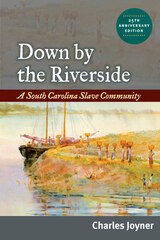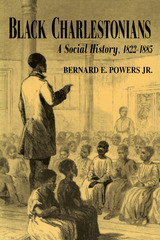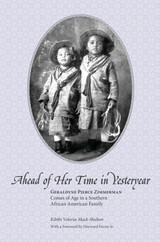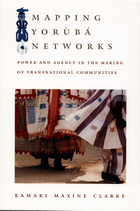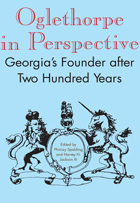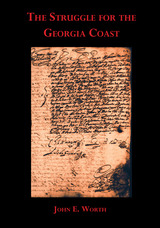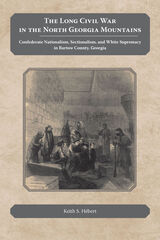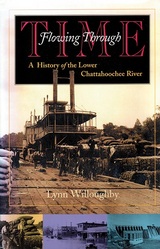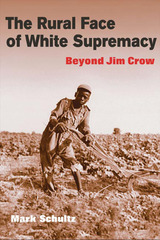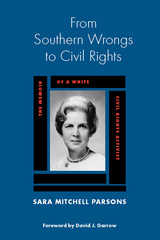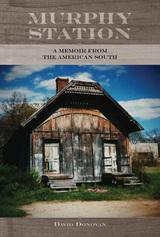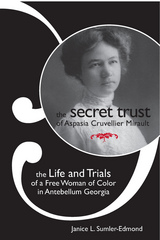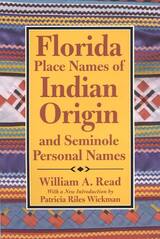eISBN: 978-1-62190-319-2 | Paper: 978-1-62190-695-7 | Cloth: 978-1-62190-317-8
Library of Congress Classification F292.B3H43 2017
Dewey Decimal Classification 355.00975836509
Civil War historians have long noted that support for the Confederacy in the antebellum South tended to align with geography: those who lived in towns, along railroads, and on land suited for large-scale farming tended to side with the Confederacy, while those who lived a more isolated existence and made their livings by subsistence farming and bartering usually remained Unionist. Bartow County in northwest Georgia, with its distinctive terrain of valley, piedmont, and Appalachian hill country, is an ideal microcosm to examine these issues.
Keith S. Hébert examines the rise and precipitous fall of Confederate nationalism in Bartow County, a shared experience among many counties in the upland South. Hébert’s story tells us much about the war’s origins, Confederate defeat, and the enduring legacy of white supremacy in these rural areas. Although no major battles were fought in Bartow County, Sherman’s Atlanta Campaign saw Federal troops occupying the area, testing the loyalties of Bartow County soldiers serving in the Army of Tennessee and elsewhere. As the home front collapsed, they had to decide if they should remain in the army and fight or return home to protect their families and property. Locals hardly knew whom to trust as Unionists and Confederates—from both home and afar—engaged in guerilla warfare, stole resources from citizens, and made the war a confusing trap rather than a struggle for an emergent nation.
Drawing on the primary source record of newspapers, letters, diaries, and official documents from the county, Hébert compellingly works personalized vignettes into a scholarly study of developments from the advent of war through Reconstruction and the decades following. The Long Civil War in the North Georgia Mountains solidifies recent scholarship about the war in southern Appalachia and opens a window into a community deeply divided by civil war.
KEITH S. HÉBERT, assistant professor of history at Auburn University, was formerly state historian at the Georgia Department of Natural Resources, Historic Preservation Division. His writing has appeared in The Georgia Historical Quarterly and Reconstructing Appalachia: The Civil War’s Aftermath.
See other books on: Conservatism & Liberalism | Georgia | Hebert, Keith | History, Military | Sectionalism
See other titles from University of Tennessee Press




